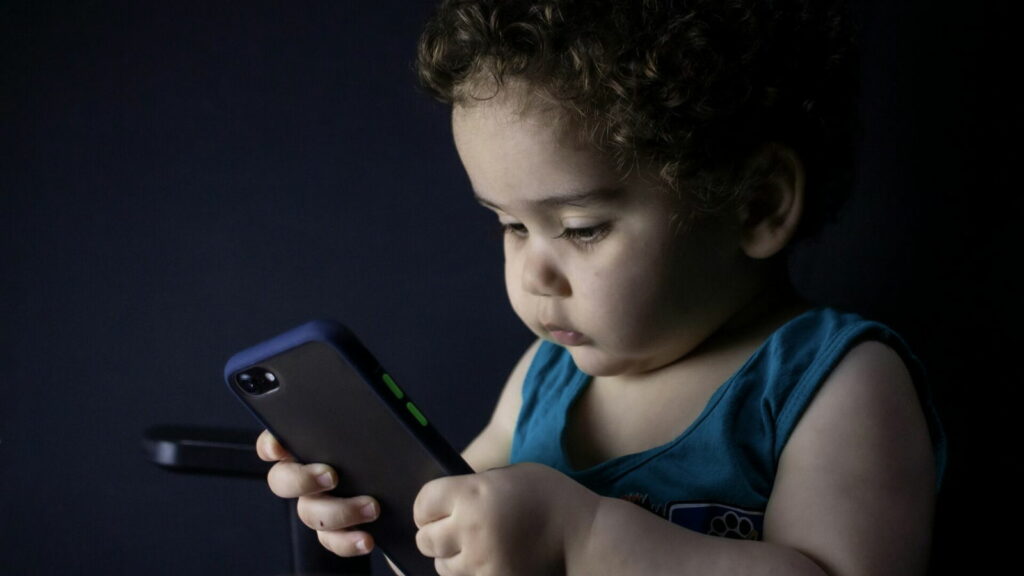Many parents resort to screens to soothe a fussy toddler in public, pass time during travel, or simply get through their day. But is letting little ones watch shows like COCOMELON for short periods really harmful?
"While it's unclear if cognitive impacts stem directly from viewing or from screen time replacing interactive activities crucial for healthy brain development, experts generally advise avoiding screens almost entirely for very young children," FamilyGuide noted, referencing a recent HuffPost article.
Dr. Liz Placzek, a pediatrician at Children's Minnesota, emphasized that "80% of a child's brain development occurs by age 3, making these years critical for movement, play, interaction, and face-to-face conversations."
A recent JAMA Pediatrics study linked excessive screen time in toddlers to atypical sensory processing. Drs. Karen Heffler and David Bennett, study authors, explained that sensory processing involves integrating information from various sensory systems to understand one's environment.
While some sensory-seeking or avoidant behaviors are normal, they become concerning when they significantly disrupt daily life. Pediatricians aim to identify potential issues early when treatment is most effective.
Shannon Bennett, a child psychologist at New York-Presbyterian Hospital, noted that sensory processing problems can lower quality of life for children and increase caregiver stress. However, Dr. Placzek reassured that "there are things we can do about it," including therapy for sensory issues.
The study also highlighted that sensory processing issues often coincide with ADHD and autism spectrum disorder (ASD). This connection doesn't necessarily mean every child with sensory issues has these conditions, but it can be part of a larger diagnostic picture.
Excessive screen time has been associated with various developmental and behavioral outcomes, including attention problems, language delays, impaired problem-solving, brain differences, and sleep disorders. A 2023 study added social-emotional problems, anxiety, and depression to this list.
It's important to note that the JAMA study shows correlation, not causation. The relationship between screen time and sensory issues could be bidirectional, with pre-existing sensory issues potentially leading to increased screen time as a coping mechanism.
Dr. Placzek recommends families create a "family media plan" with guidelines for household media usage. This might include no devices at the dinner table or in bedrooms, and establishing a device check-in time before bed. Parents modeling limited screen time themselves is also crucial.
To ensure age-appropriate content, experts suggest using parental control settings on devices. FamilyGuide also provides TV show and movie reviews to help parents assess content suitability.
Shannon Bennett advises parents to "seek balance at home and provide ample opportunities for various types of learning, growth, and connection. Making changes to family media use now can positively impact a child's future development and wellness."
For parents looking for screen-free alternatives, devices like the Toniebox and Yoto offer audio stories and songs to engage children's imaginations without the potential drawbacks of screens.
You may also like
-
Actress’ Baby Only Wanted THIS?! God SHOCKED Her With The Truth!
-
Discord: Is Your Child's Soul at RISK? (The TRUTH Parents MUST Know!)
-
Candace Cameron Bure's Kids Asked Her *This* Question About Faith?!
-
Hollywood Star's Secret Weapon for Sharing Faith Fearlessly!
-
PBS Kids Just Did WHAT?! The Future of Family Gaming is Here!

